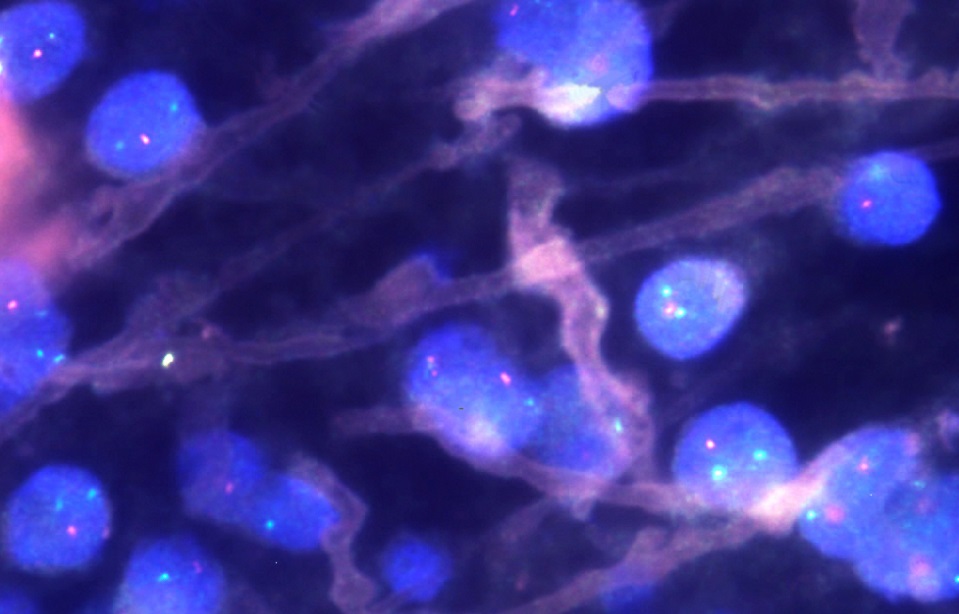
Brain UK study ref: 23/005,
Lay summary,
Project status: Active
Divergent differentiation in brain tumours
Prof Thomas Jacques, UCL Great Ormond Street Institute of Child Health
Brain tumours are one of commonest cancers, in children and represent the largest cause of cancer related deaths in this age group. Additionally, children who survive their tumour often experience significant quality of life impairments (e.g., developmental and cognitive side effects) because of the tumour, or the treatment they have received. To improve survival and reduce side effects, it is important that we understand how these brain tumours develop and how they work on a biological level.
Brain tumours are made up of many types of cells, and we do not understand what each kind of cell does or how they interact with one another. In some brain tumours we find cells that are not usually seen in the brain, such as cells that look like muscle cells. We do not know why this happens, how these cells grow inside a brain tumour, and whether this impacts tumour behaviour. In our project, we want to look at lots of different brain tumours to identify these unusual cells. We want to study these cells to understand what they’re doing in the tumour and how they got there. We plan to do this with tests that let us see which genes are being used by the cells. We hope that by understanding these unusual cells, we will be able to improve treatments for patients with these tumours.
